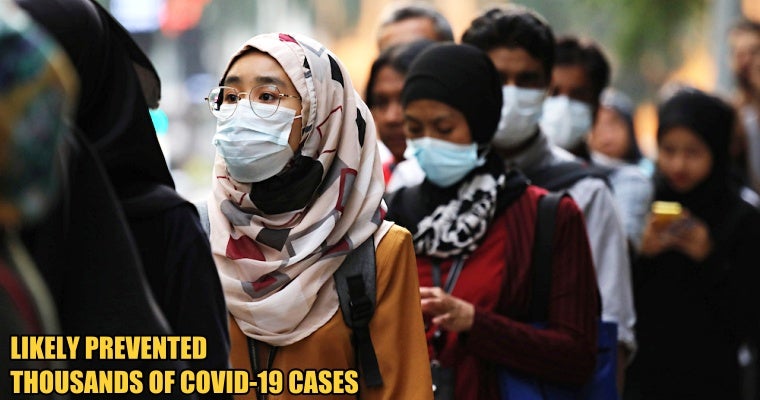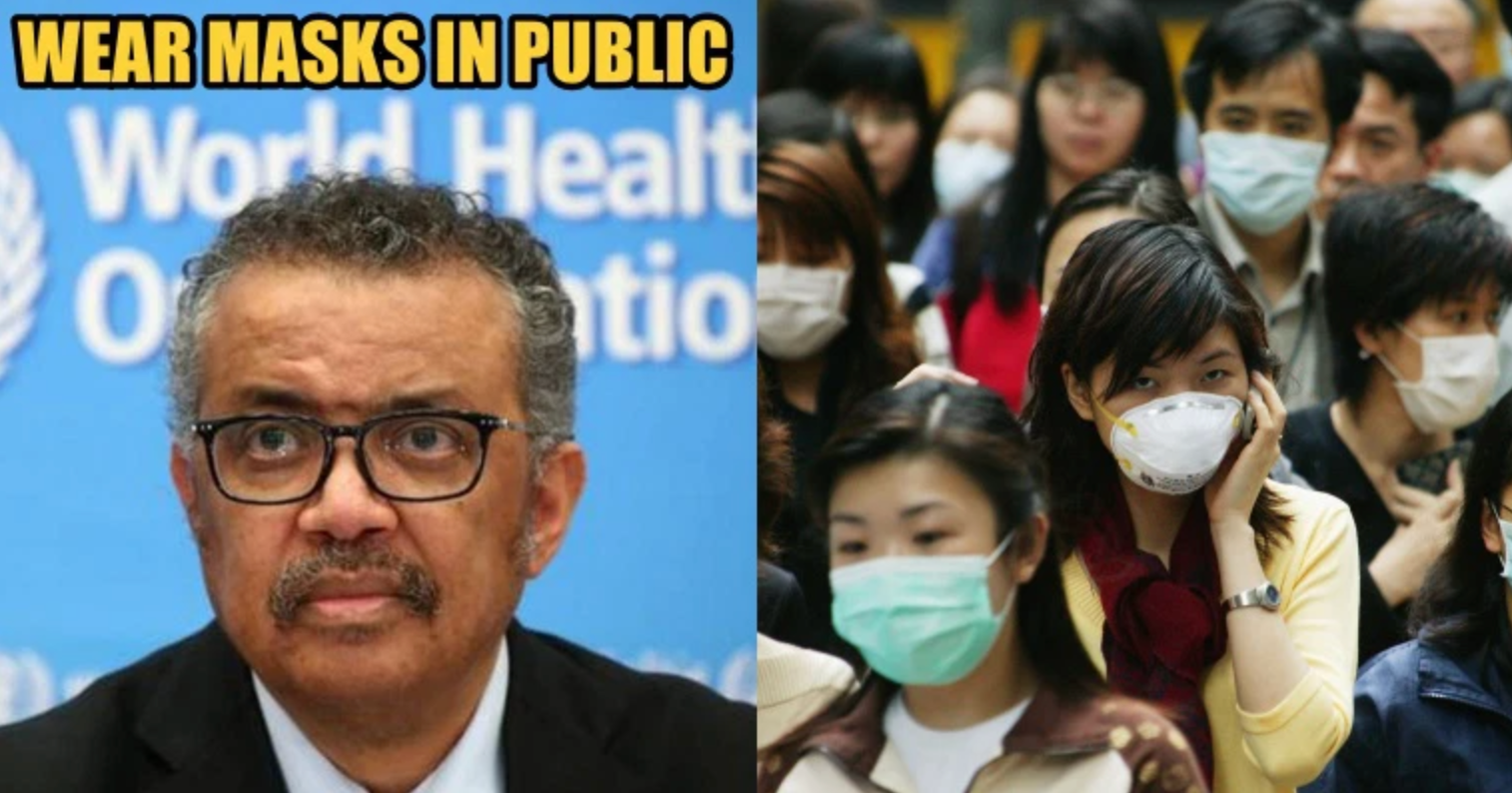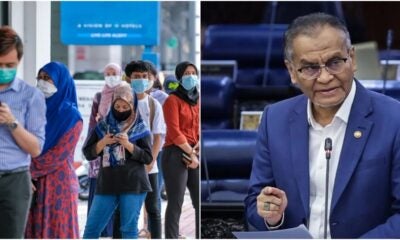With the World Health Organization (WHO) making a u-turn urging the people to wear face masks last week, a study that was published in PNAS: The Proceedings of the National Academy of Sciences of the USA on 11 June suggested that wearing face masks could “significantly reduce the number of infections”.
Titled as “Identifying airborne transmission as the dominant route for the spread of COVID-19”, the study also suggested that social distancing measures that were implemented in the US are insufficient by themselves in protecting the public from Covid-19.
Despite the world emphasising the importance of social and physical distancing, mask-wearing is apparently more important for preventing the spread of the coronavirus.
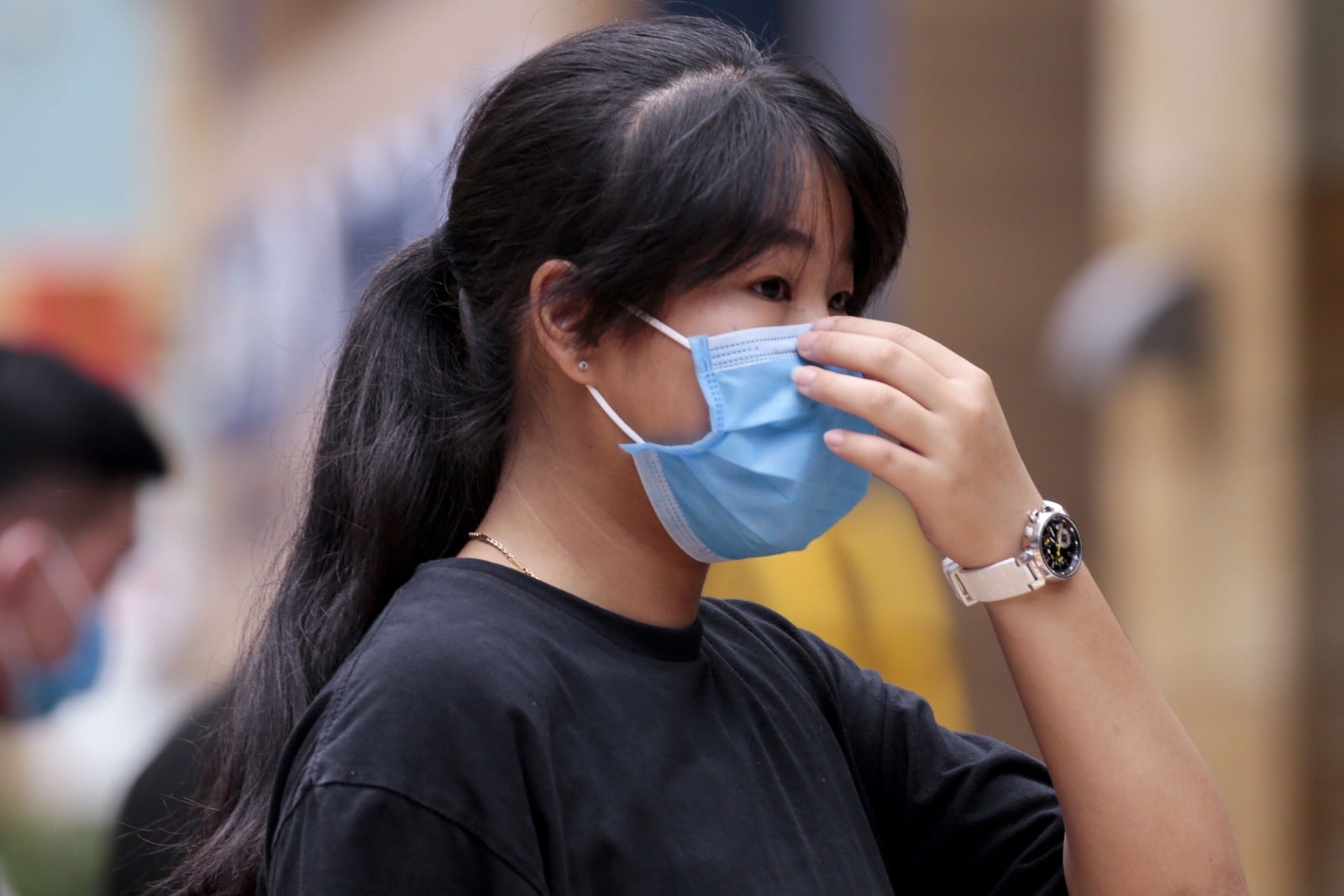
An example was reported by Reuters, stating that the infection trends “shifted dramatically” when mask-wearing rules were implemented on 6 April in northern Italy, and 17 April in New York City. At that period of time, New York City was among the hardest-hit areas in the world by Covid-19.
Researchers reported that the number of virus infections reduced by over 78,000 in Italy from 6 April to 9 May. Whereas in New York City, the infections were reduced by over 66,000 from 17 April to 9 May.
“This protective measure alone significantly reduced the number of infections, that is, by over 78,000 in Italy from April 6 to May 9 and over 66,000 in New York City from April 17 to May 9.”

Since direct contact precautions such as social distancing, quarantine and isolation, as well as hand sanitising could only help minimise the coronavirus transmission via direct contact, face coverings like masks could actually help prevent airborne transmission.
“The unique function of face covering to block atomization and inhalation of virus-bearing aerosols accounts for the significantly reduced infections,” researchers said.
This implies that the dominant route of Covid-19 transmission is airborne and face masks make so much sense in protecting us from contracting the virus.
On Friday (12 June), the Center for Disease Control and Prevention of the United States urged the organisers of large gatherings that involve “shouting, chanting or singing” to strongly encourage the use of cloth face coverings to lower the spread of Covid-19.
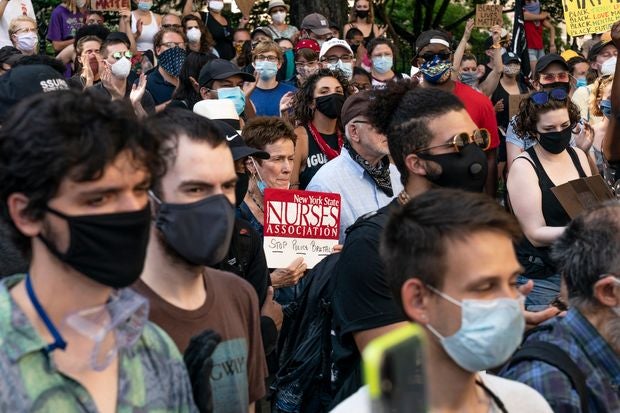
This particular study concluded that the “inexpensive practice” of wearing face masks is closely associated with the most effective way to prevent human-to-human transmission.
Researchers also urged that both mask-wearing and social distancing measures should be done together to curb the pandemic.
“We conclude that wearing of face masks in public corresponds to the most effective means to prevent interhuman transmission, and this inexpensive practice, in conjunction with simultaneous social distancing, quarantine, and contact tracing, represents the most likely fighting opportunity to stop the COVID-19 pandemic,” the researchers wrote.
Also read: WHO Changes Its Face Mask Advice, Now Urging People to Wear Them In Public

